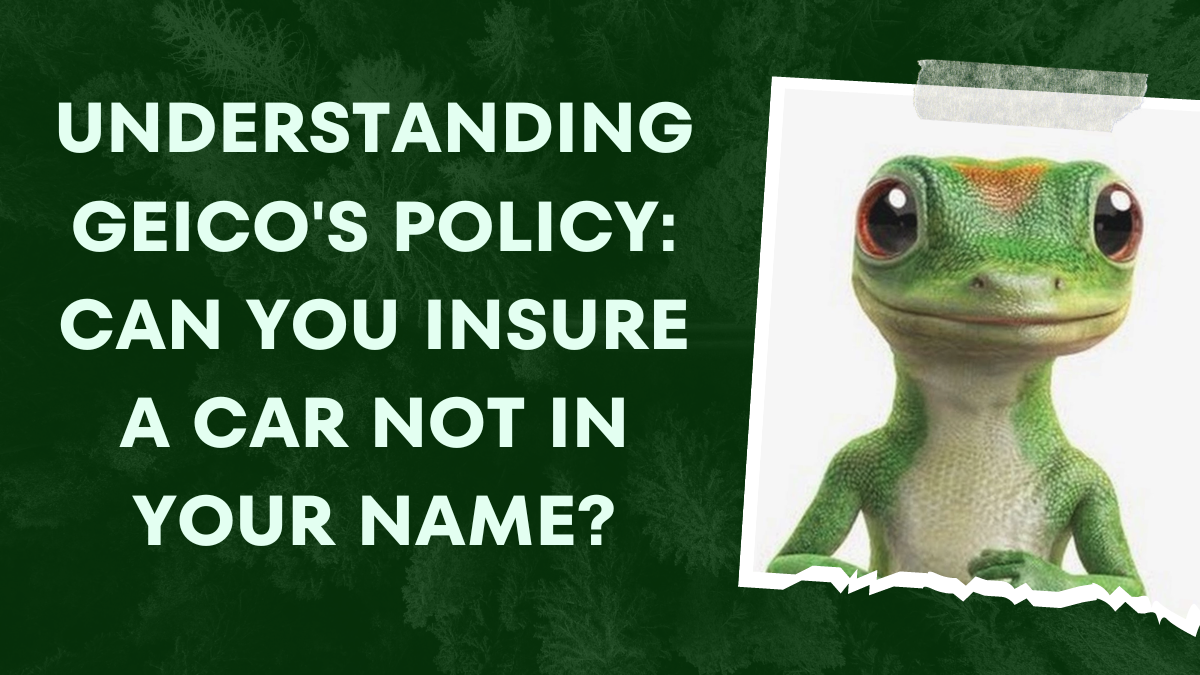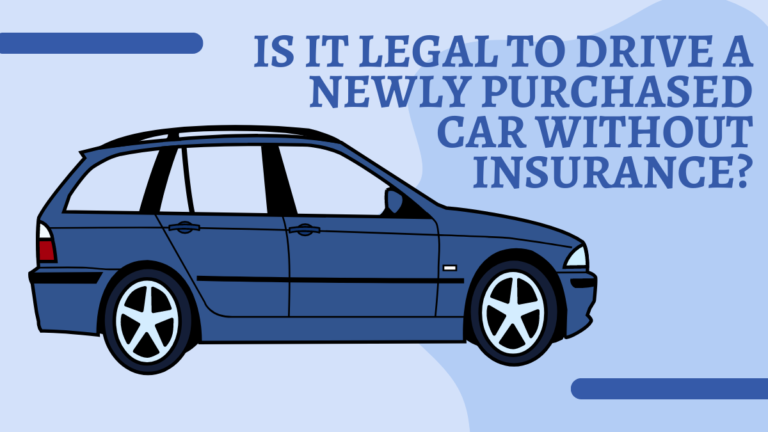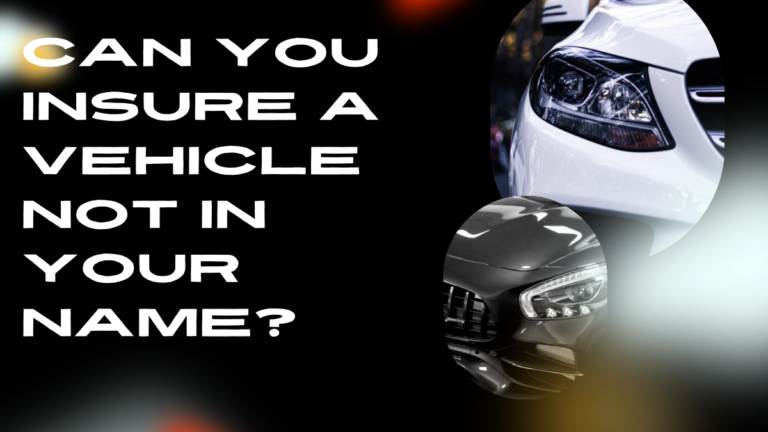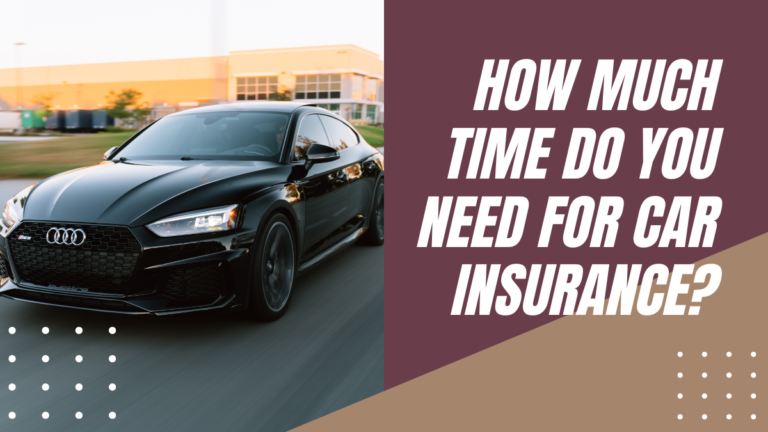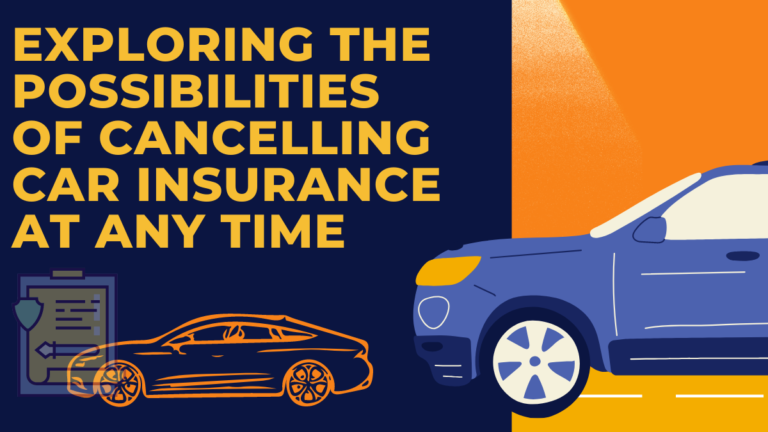Understanding Geico’s Policy: Can You Insure a Car Not in Your Name?

Welcome to the world of car insurance, where understanding policies can sometimes feel like deciphering a complex puzzle. Today, we dive into one burning question: Can you insure a car not in your name with Geico? We all know how important it is to have proper coverage for our vehicles, but what if you want to lend your brother’s flashy sports car a helping hand without taking ownership?
In this blog post, we unravel the intricacies of Geico’s policy on insuring cars that aren’t officially registered under your name. Buckle up and get ready for a wild ride as we explore the possibilities that await!
Table of Contents
What is Geico’s Policy on Car Insurance?
Geico’s policy offers several types of car insurance, including those for drivers who do not have a license or for those who only have a driver’s license that is not valid in all 50 states. Geico also offers optional liability coverage for people who are not the registered owner of the vehicle. Policyholders can also add on personal automobile protection (PAP) to their policy to cover property damage and other losses, such as uninsured motorist (UM) coverage.

Some exclusions from Geico’s policy include rental cars, foreign cars, cars with insufficient liability insurance, and boats. Policyholders must provide documentation that their car is insured by a reputable insurance company in order to be covered by Geico. In addition, Geico does not offer tank coverage or travel insurance for car rentals.
What Are the Requirements for Cars Not Registered in Your Name?
The requirements for an automobile not registered in your name vary depending on the state. In most cases, you’ll need to provide proof of ownership–a title or registration document from the previous owner–and meet the qualifying condition listed on the Geico’s policy.
Some states require that you have had no involvement in the car’s ownership since it was last registered, while other states only require that you not be named as a co-owner on the vehicle’s title. In some cases, you may also need proof of liability insurance in case someone else is found responsible for an accident involving the car.
It’s important to keep in mind that Geico’s policy doesn’t require proof of ownership or condition to insure a car not registered in your name; instead, we take a general security approach by requiring proof of insurance and identity. So if you’re considering insuring a car not registered in your name, it’s important to review your state’s requirements first.
Can I insure a Car That Isn’t Registered in My Name?
Geico’s policy offers a variety of insurance policies for drivers that don’t have to be registered in your name. Here’s a breakdown of their policy: Geico Canada offers “non-owner” coverage which will protect you and the vehicle if someone else is driving it when something goes wrong.
This policy includes property damage, medical payments, and personal injury. If the vehicle is stolen or destroyed while under the coverage of this policy, Geico will help cover the costs associated with buying a new car or truck.
Geico US also offers a protection plan for driverless vehicles. If your car is hit by someone who isn’t driving it, this plan will reimburse you up to $200,000 for damages to the car, loss of use, and related expenses. In order to take advantage of this policy, you must enroll in Geico US’ “driverless” program and have your car insured under that name.
How do I prove I am the Vehicle Owner?
If you’ve ever bought insurance, you know that your policy will not cover anything if it’s not in your name. This is why you typically need to provide proof of ownership when filing a claim. Fortunately, there are a few ways to get this proof.
The simplest way to prove ownership is to have the vehicle titles in your name. If you don’t have titles, you can also sometimes get them by requesting a certificate of title from the state motor vehicle department. In some cases, you may be able to obtain a copy of the title from the manufacturer or the dealer where you bought the car.
If getting title documents proves to be too difficult or time consuming, Geico may accept other forms of proof of ownership. For example, if you have documentation from the dealership that shows you paid for the car in full and received the title it in good condition, Geico may consider this evidence of ownership.
Regardless of which method you use to prove ownership, make sure that you keep all relevant documents in a safe place so that you can easily produce them if needed.
What Are the Geico Conditions for Car Insurance?
If you’re considering Geico as your car insurance provider, be aware that the company has a few unusual conditions you may want to consider. For example, Geico allows consumers to insure cars not in their name – so long as the vehicles are properly registered and tied to a valid driver’s license.
Another condition: While Geico will cover you if your car is stolen, the insurer won’t provide coverage for damage done while it’s being taken – unless you can prove the thief was specifically targeting your vehicle.
Keep all of this in mind before signing up with Geico – especially if you have a high-value vehicle or plan on using your car often. Otherwise, you might find yourself paying for coverage you don’t need or getting stuck with an expensive bill after something goes wrong.

Conclusion
If you own a car that is not in your name, you may be wondering if Geico will still insure it. The short answer is yes, but there are some restrictions. First and foremost, Geico will only insure cars that are completely registered and licensed in your name.
If the car has been leased or rented by you, Geico may still provide coverage if you can provide documentation of the rental agreement. Additionally, Geico will not cover any damage to the car that was caused while it was not in your possession or while it was being used on private property without consent from the owner.
